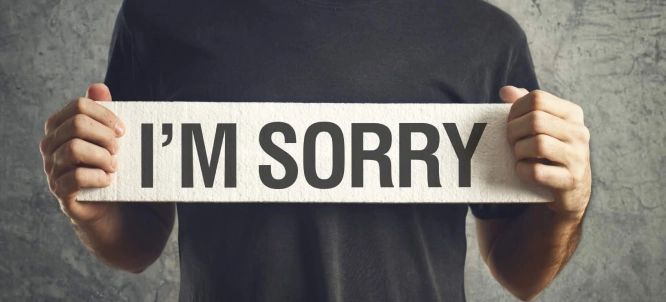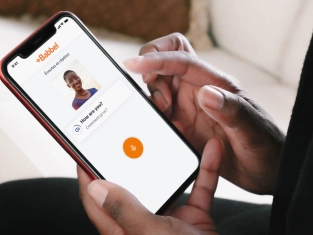by PushtoLearn
I'm Sorry vs I Apologize
Table of Contents
I'm Sorry vs I Apologize - Exercise and Quiz
This exercise helps students understand when to use I'm sorry (generally more casual) and I apologize (more formal).
There is a provisional rule in Canadian Law, because they say sorry so much. Legally, in Canada, "sorry" doesn't constitute admission of guilt, like it can in some US states.
I'm Sorry Meaning
"I'm sorry" is a common phrase used to express regret, sympathy, or remorse. It’s often used in everyday situations and can be informal or formal depending on the context.
Uses of "I'm Sorry":
Apologizing for Small Mistakes:
➡️ Example: "I'm sorry I bumped into you."
Expressing Sympathy:
➡️ Example: "I'm sorry to hear about your loss."
Showing Empathy:
➡️ Example: "I'm sorry you’re going through this."
Tone and Connotation:
Informal to Formal: "I'm sorry" can be used in both casual and formal situations. It’s a versatile phrase that’s commonly used in both spoken and written English.
Personal: It often conveys a personal sense of regret or sympathy, making it feel more emotional or heartfelt.
Tip: Use "I'm sorry" when you want to express a personal or emotional connection to the situation.

I Apologize Meaning
"I apologize" is more formal and is used to convey a more official or serious acknowledgment of a mistake or wrongdoing. It’s often used in formal settings, public statements, or when the situation requires a more reserved tone.
Uses of "I Apologize"
Formal Apologies:
➡️ Example: "I apologize for the inconvenience."
Official Statements:
➡️ Example: "We apologize for the delay in service."
Serious or Professional Situations:
➡️ Example: "I apologize for the misunderstanding during the meeting."
Tone and Connotation:
Formal: "I apologize" is typically used in more formal contexts. It’s less emotional and more focused on the act of making amends or acknowledging responsibility.
Reserved: This phrase can sound more professional or detached compared to "I'm sorry," making it suitable for situations where a formal tone is required.
Tip: Use "I apologize" in professional, formal, or public situations where you need to maintain a certain level of decorum.
Common Errors:
Using "I'm sorry" when a formal apology is needed:
❌ Incorrect: "I'm sorry for the delay in your payment."
✔️ Correct: "I apologize for the delay in your payment."
Using "I apologize" in casual, personal situations:
❌ Incorrect: "I apologize for stepping on your foot."
✔️ Correct: "I'm sorry for stepping on your foot."
FAQ
Which is more formal: "I'm sorry" or "I apologize"?
"I apologize" is more formal. It’s often used in professional or serious situations, while "I'm sorry" is more versatile and can be used in both informal and formal contexts.
Can "I'm sorry" be used in a professional setting?
Yes, "I'm sorry" can be used in professional settings, especially when expressing empathy or regret. However, "I apologize" might be preferred for more formal situations.
When should I use "I apologize"?
Use "I apologize" in formal, professional, or serious contexts where a more official acknowledgment of responsibility is appropriate.
Is "I apologize" more sincere than "I'm sorry"?
Not necessarily. "I'm sorry" can be just as sincere, but "I apologize" is typically more formal. The sincerity depends on the context and how the apology is delivered.
Can these phrases be used interchangeably?
In some situations, yes, but it’s important to consider the formality and tone of the situation. "I'm sorry" is more flexible, while "I apologize" is better for formal or professional contexts.

